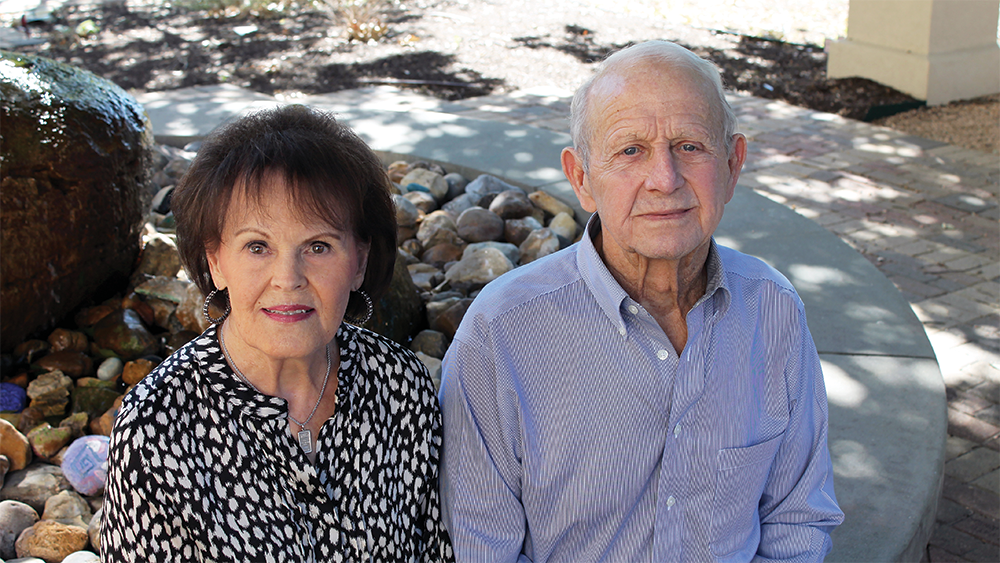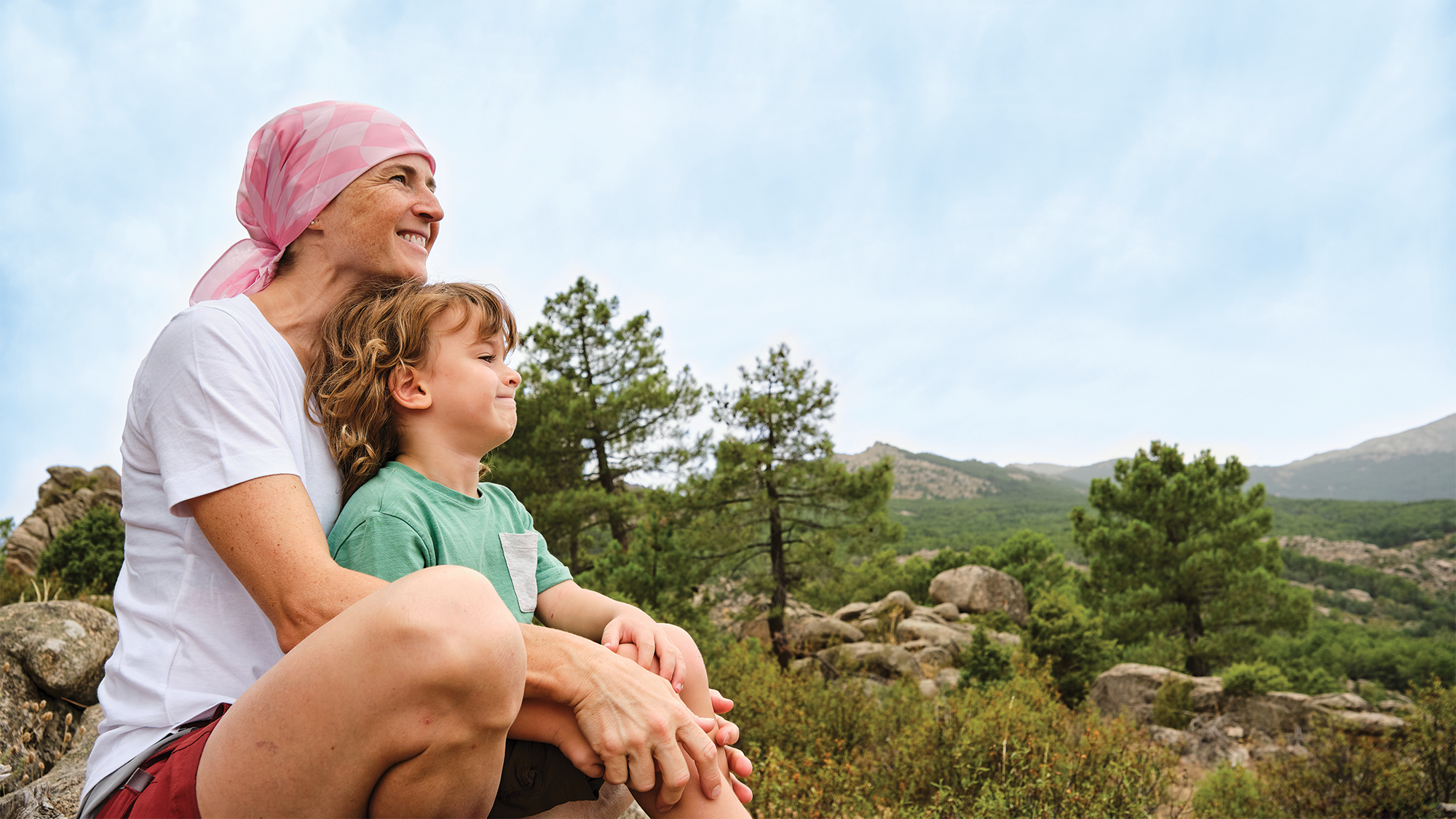Imagine you’ve just been told you have cancer. You’re scared and overwhelmed, and now you have to explain it to your kids. What do you say?
Children have fears and questions that may go unspoken when their loved one is experiencing a serious medical condition. As part of an interdisciplinary team, Palliative Care Child Life Specialists help facilitate the open communication that can help children understand medical conditions and cope with the grief and anxiety related to a loved one’s illness or death.
Since it began in 2011, this program has impacted the lives of more than 22,800 children across Texas. Nine specialists serve at Baylor Scott & White hospitals, including Waco and Temple, though their services are available system-wide. Funded in large part by philanthropy, the program is offered free-of-charge to patients of any care service line.
Q&A with Jennifer Willie, Palliative Care Child Life Specialist at Baylor Scott & White Medical Center – Hillcrest
What kind of support do you offer to patients and their families?
“A large majority of our job is simply to help parents find the words to have difficult conversations with their child about their loved one’s condition and prognosis. We educate adults about how children may respond to grief and how they can support their child.
We might also meet directly with the kids to engage in activities that help children understand the situation and what they can expect. To a bystander, it might look like we’re just playing, but we are using games, activities and books to engage these children in conversations about really difficult things, like what hospice care means or what cremation is.
We can also offer short-term bereavement support for kids following the death of a loved one, such as preparing them to attend the funeral. If they need more long-term support, then we can help connect them with a counselor in the community.”
How do you support parents who are having these discussions with their kids?
“Our first instinct is to protect children, but kids are very perceptive and often try to fill in the blanks on their own. For example, we had a case with a little girl who thought she had caused her dad’s heart attack because she had used his toothbrush earlier that day. You just never know what kids will put together in their minds.
Our number one recommendation is to be truthful in a way that’s appropriate for the child’s age and developmental level.
The second is to address the three biggest worries that kids don’t often say out loud: Can I catch it? Did I do something that caused this to happen? And who will fill that role in my life if my loved one dies?
Thirdly, we recommend using the “D” words: die and dying. Young children take things literally. If you say ‘we lost grandma,’ they might relate it to a toy they lost. Or, if you say grandma passed away, they might not have a clue what that means.”
What kind of activities do you do with children?
“Some children may benefit from what we call connection activities—creating something tangible like a bracelet that they can leave with their loved one in the hospital that might help them feel connected when they can’t be at the bedside. We also use developmentally appropriate books to help children connect with a character experiencing similar circumstances, to promote conversation and validate feelings they may be having.”
How do you tailor your support for children of different ages?
“A five-year-old, for instance, has a much shorter attention span, so we strive to find something really engaging for them and be very intentional about the time we have with them.
A 10-year-old is much more aware of their peers and may be worried about crying at school, or they might be concerned about something happening to their loved one while they’re at school. In that case, we might help work out a plan of support for school settings.
It’s a similar strategy for teenagers. We can serve as someone outside the situation they can talk to and ask questions easily because they don’t have to be sensitive to our emotions.”
Why is philanthropy important to this program?
“Our program relies heavily on gifts from our community. We depend on donors to help us provide these services, which are offered at no cost to the patient. It’s truly a gift to families in a really difficult time.”







